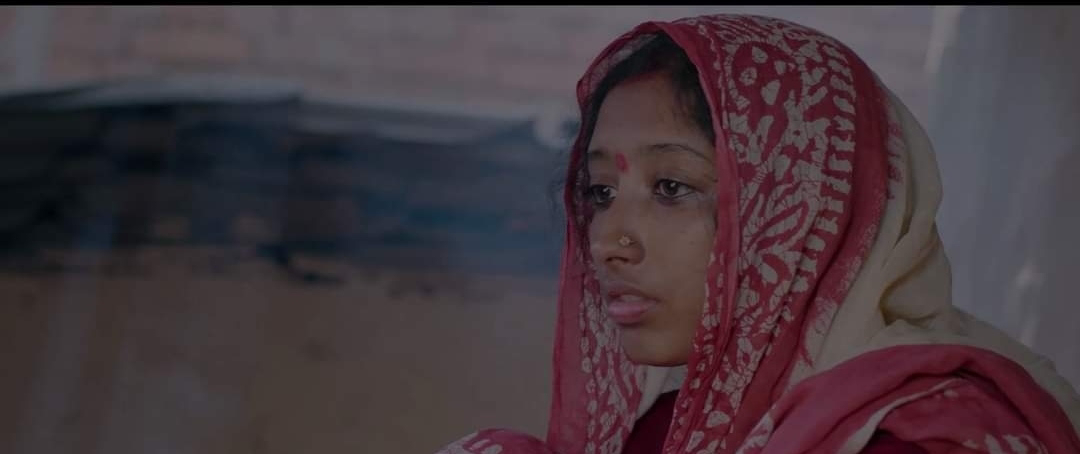Dhulo- The Scapegoat (2021): Simmering Anger and Terrific Writing for Tathagata Ghosh's finest work till date
Like the cliché goes, facts are stranger than fiction. They indeed are, but when the strangeness is a full-blown government ruling a nation, it becomes all the more personal to our conscience. It's an entirely another thing if you choose the macabre strangeness and get indifferent to it, but when we don't, at times, it boils through our nerves and gets processed as seething anger. This paragraph is exactly what describes the state of mind Tathagata Ghosh would have entirely possessed while making Dhulo- The Scapegoat, his latest follow-up to the screen thriller Mangsho (2020), up for screening physically in London and upcoming festival of shorts named after Satyajit Ray.
Tathagata's hard-boiled anger doesn't make him entirely blind. Usually, when there are these filmmakers taking the right poltical stand, their narratives get blurred and what only comes out is their 'politics'. This gets thrown out of the window right from the first shot of a beheaded goat. There's exceptional attention to detail- DOP Tuhin is at the top of his craft here. He seems to have a way with the way he frames animals. Further, there's his way of crafting simmering frames of the setting sun or the rising one. But sun is not something which represents hope. Because when the sun is overhead, in India, an innocent minor is ruthlessly subjected to some heinous crime when everyone's watching. We are forced, then, to find hope amid the mists. Unfortunate as it might be. The editing by Aamir Mondal is neat and sparse, never overdone anywhere.
The storytelling of Ghosh is quite firebrand. Most of the fine provocative cinema is usually quiet and the silences convey millions. One can't say the same about Dhulo, but this is a rare instance when the dialogue, while obvious in its messaging (which isn't really messaging, and you'll know why), is masterful. The emotional momentum is captivating. Look at the terrific scene of feminist awakening where Neeta and Topu cry on the shoulders of each other- it's hard not to be moved. This is a melodrama of flourishes, but the melodrama is epic in proportion and gritty at heart, and in one of the rare instances in Indian cinema, it is brilliant. I'll go as far as to say that Tathagata should make his debut feature film an extension of the short!
The acting is sharp and carries a lot of depth. The cunning, vile villainy of Bimal Giri carries the ferocity of a demon of circumstances, nurtured with toxic affection by the ruling regime. Ali Akram is a fine performer of whom there should have been more (but like I said, it works just fine for the time being and Ghosh should really consider an extension into the feature-film format). Shimli Basu gets a poetic, more conventionally feminine grammar of physicality and dialogue but her control and fluidity is quite good. Her chemistry with Akram is quite interesting. However, the finest performer of the film is Payel Rakshit. The way she shifts from vulnerable to fierce is perfect. Her pain and restraint get conveyed so compellingly, it doesn't even feel like it's her anymore. My impression of her was the prostitute in Miss Man. But here, the way she takes the center stage is feral in its feminism and in a way, Neeta Devi is a protagonist we need.
Cut to my first sentence- facts are stranger than fiction. This isn't a phrase anymore. The whole world is living under its shade. But it grows a lot more relevant to India than the rest of the world because this fascist, conservative government is intent on exhibition of their savageness and insensitivity. The burns and cuts only add up. But if you rinse an entire land, one that is sacred to us and our culture, with a phobia for the minor and casual racism, it's high time the answer is to rinse you in the same blood. Dhulo- The Scapegoat's resolve is chilling but all the more important. One of the most glorious sequences evokes the climax of Satyajit Ray's Devi by upending it. The master would have been proud.




Comments
Post a Comment